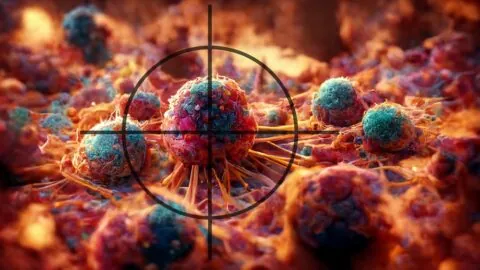August 04, 2025
Researchers have developed a transcription-based clock that estimates brain age and used it to identify potential interventions against age-related neurodegeneration. Deciding which -omic to use While neurodegeneration and brain aging are not precisely the same [1], the two are tightly linked [2]. Substantial previous work has found that directly addressing brain aging in multiple forms,...
July 07, 2025
The longevity field hasn’t been very good at naming things, but one notable exception is “inflammaging”: the low-grade chronic inflammation that correlates with aging. Recognition has been growing that inflammation, the ubiquitous reaction of the immune system to various stressors, is a major driver of many age-related diseases and possibly one of the limiting factors...
May 29, 2025
A placebo-controlled clinical trial, with results published in Aging Cell, has determined that plasma replacement has beneficial effects when combined with immunoglobulin, according to multiple epigenetic clocks and -omics biomarkers. Looking for a signal Therapeutic plasma exchange (TPE), the practice of extracting and replacing a person's blood plasma with a saline solution containing albumin [1],...
April 16, 2025
Researchers publishing in Aging Cell have used large databases to discover a causal relationship between multiple genes and overall mortality risk, finding a new potential target in the process. Putting -omics databases to work These researchers introduce their study by discussing genetic databases, which have previously been used to determine associations of specific genes with...
September 26, 2024
In a new study, metformin, which has already shown good results in rodents and in human epidemiological studies, alleviated multiple signs of aging in male cynomolgus monkeys [1]. Now in monkeys Metformin, a well-established anti-diabetes drug, has been touted as a possible geroprotector since a study suggested that diabetes patients on metformin outlived age-matched healthy...
September 05, 2024
New research in Aging Cell has suggested that targeting senescent cells based on their surface proteins (surfaceome) may be effective in dealing with them. Focusing on what's easiest to target Cellular SenescenceAs your body ages, more of your cells become senescent. Senescent cells do not divide or support the tissues of which they are part;...






